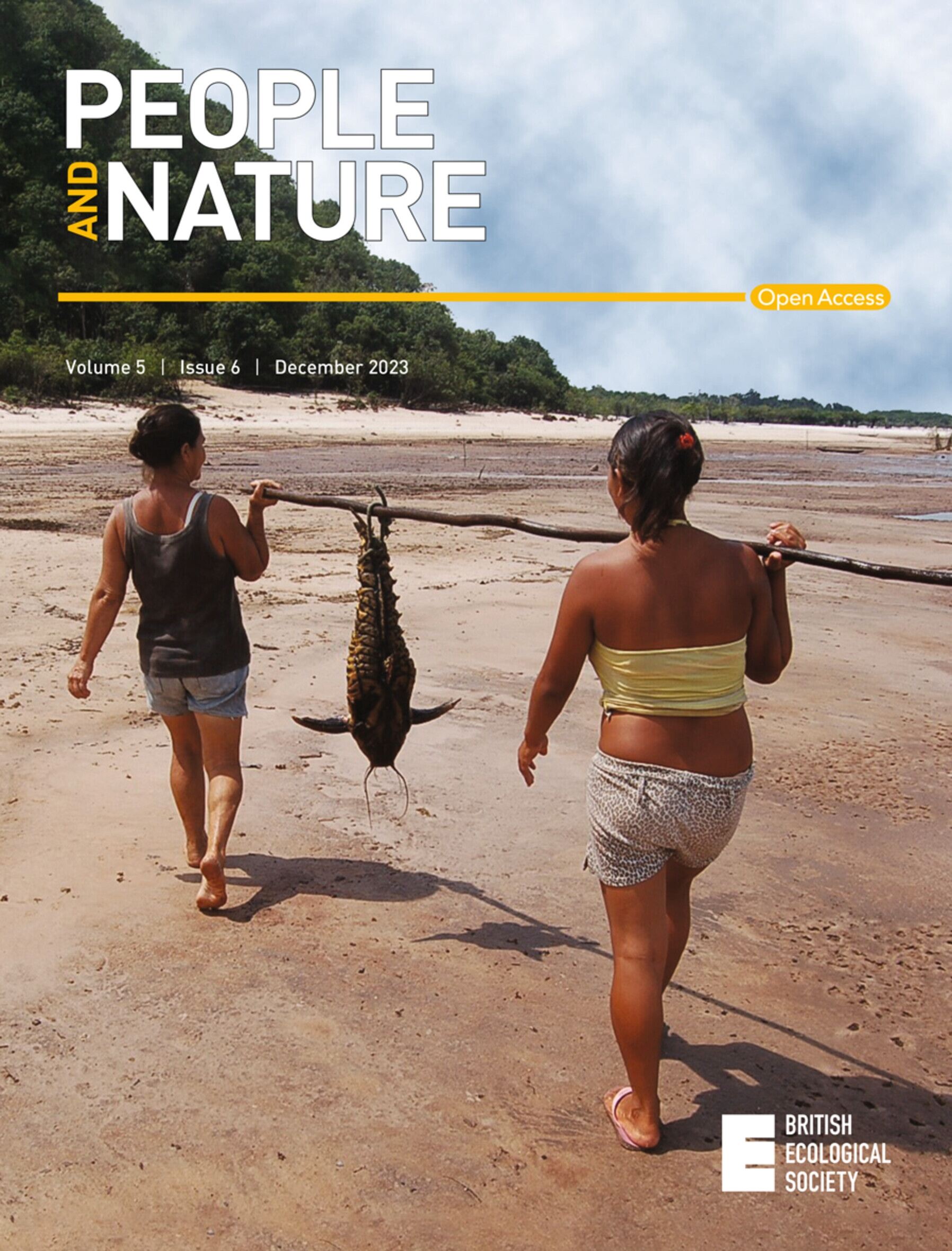How urbanization is shifting the context of nature experiences from economic to recreational
IF 4.2
1区 环境科学与生态学
Q1 BIODIVERSITY CONSERVATION
引用次数: 0
Abstract
With increasing global urbanization, the proportion of the world's population engaged in the primary sector of the economy continues to decrease, leading to significant changes in the experience of nature (EoN). As a result, not only are opportunities for EoN reduced, but they are shifting structurally because the proportion of nature experiences that take place in leisure time increases relative to that which takes place in a work and production context. In order to understand the implications of this structural change, a new typology is introduced that defines experiences of nature by considering their social context: economic and recreational EoN. Economic EoN is predominantly purpose‐oriented, while recreational EoN is primarily experience‐driven. Compared to economic EoN, recreational EoN often requires less skill and knowledge while relying on stereotypical constructs of nature, demonstrated, for example, by traditional land uses and tourism, respectively. As urbanization continues, the proportion of recreational nature experiences will continue to increase, raising an important question: How can the experience‐driven, recreational relation to nature contribute to long‐term engagement and responsible stewardship? Long‐term engagement is evident in leisurely behaviour where people pursue hobbies. In urban societies, many people invest a considerable amount of time and material resources in their hobbies, while developing specific skill sets and acquiring extensive knowledge in the process. Furthermore, nature‐related hobbies enable the transformation of irrelevant economic EoN into meaningful recreational EoN, allowing the emergence of an individual perspective on and a lasting relationship with nature, as well as creating a skill‐based sense of place. Policy implications: As traditional economic EoN diminish and becomes irrelevant during the urbanization process, hobbies can help preserve ecological knowledge and skills with recreational EoN. Protected areas and other organizations curating nature experiences should create and promote experiences that relate to nature‐based hobbies and focus on supporting skill development. Read the free Plain Language Summary for this article on the Journal blog.城市化如何将自然体验的环境从经济型转变为休闲型
随着全球城市化进程的不断加快,世界人口中从事第一产业的比例持续下降,导致自然体验(EoN)发生重大变化。因此,自然体验的机会不仅减少了,而且在结构上也发生了变化,因为相对于在工作和生产环境中进行的自然体验,在闲暇时间进行的自然体验所占的比例增加了。为了理解这种结构变化的影响,我们引入了一种新的类型学,通过考虑社会环境来定义自然体验:经济型自然体验和娱乐型自然体验。与经济型自然体验相比,休闲型自然体验往往对技能和知识的要求较低,同时依赖于对自然的刻板印象,例如传统的土地利用和旅游业。随着城市化进程的不断推进,娱乐性自然体验的比例将继续增加,这就提出了一个重要问题:长期参与体现在人们追求爱好的休闲行为中。在城市社会中,许多人在自己的爱好上投入了大量的时间和物质资源,同时在这个过程中发展了特定的技能组合并获得了广泛的知识。此外,与自然相关的业余爱好能够将无关紧要的经济性生态网络转变为有意义的娱乐性生态网络,从而形成个人对自然的看法和与自然的持久关系,并创造一种以技能为基础的地方感:政策影响:在城市化进程中,传统的经济生态网络逐渐减少并变得无关紧要,而业余爱好可以通过娱乐性生态网络帮助保护生态知识和技能。保护区和其他组织在策划自然体验时,应创造和推广与基于自然的爱好相关的体验,并重点支持技能发展。
本文章由计算机程序翻译,如有差异,请以英文原文为准。
求助全文
约1分钟内获得全文
求助全文

 求助内容:
求助内容: 应助结果提醒方式:
应助结果提醒方式:


